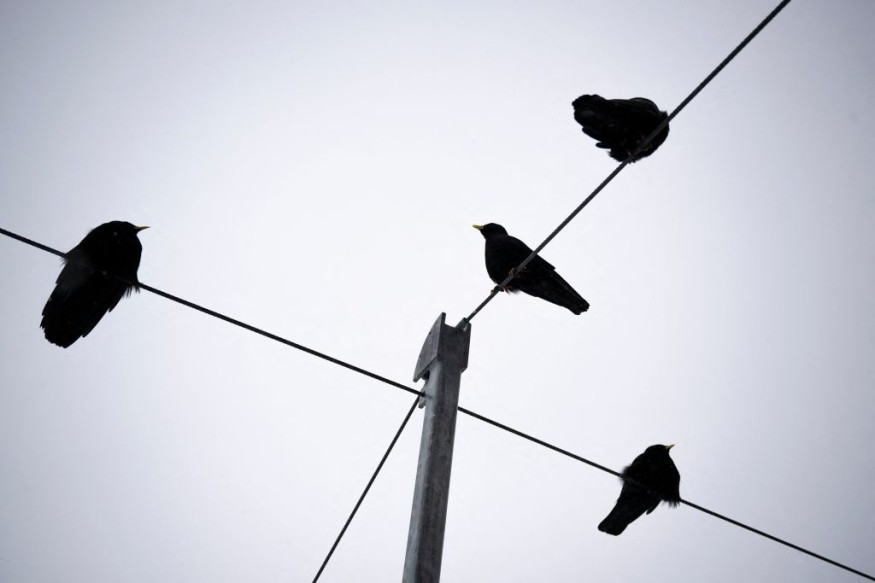
Scientists found that juncos, which is a type of bird, acted less fearful of human beings as campus life returned to normalcy.
These 300 birds have been staying within the University of California, Los Angeles for around 20 years. At the height of the COVID-19 pandemic, the academic institution shifted to remote instruction, meaning there would be less interactions with and among human beings.
Now that onsite learning is back on track, researchers wanted to know how this affected the behavior of juncos.
Less fearful
The study indicated that the fear response did not shift at the height of the COVID-19 closures, in comparison to before the pandemic. However, it was found out that the re-introduction of humans led to a significant decrease in fear both at the population level and at the individual level.
"This urban bird did not become more like its wildland counterparts without human presence but rather, when faced with more human activity, became even less fearful than pre-pandemic levels, which is already less fearful than wildland birds," results of the study stated.
Experts noted that the dark-eyed juncos did not increase fearfulness with decreased human activity, even among birds who hatched during the shutdowns made amid the COVID-19 pandemic.
This then suggested that lower urban fear response is not dynamically driven by habituation-like processes-if these processes have a role in explaining tolerance at all. This means that changes in fear responses could not be as predictable as the public would expect.
The varying responses often depend on which individuals and how their behaviors develop and shift in combination with strong and rapidly shifting collective human behaviors.
The study mentioned that habituation-like processes were controlled for at the individual level in all the analyses that were made and it did not explain the population-wide pattern that the researchers have found.
It was also a notable observation by the experts that the relationships that exist between human activity and other urban behaviors have appeared to be more nuanced. They underscored that fear responses could vary because of changing ecological conditions as well as due to altering the trade-offs in escape behavior following the reopening.
"If fear response acts as a spring that returns to pre-existing baseline with continuous exposure, we would expect that dark-eyed juncos will eventually re-sensitize to human activity and return to a pre-pandemic intermediate baseline," the researchers concluded.
Results of the study were unearthed after the scientists conducted fieldwork at urban and non-urban sites in southern California between 2017 and March 2020.
What are juncos
The dark-eyed Junco is described as a medium-sized sparrow with a rounded head, a short, stout bill and a fairly long, conspicuous tail.
This type of bird often hop around the bases of trees and shrubs in forests and they are also known to venture out onto lawns as they search for fallen seeds.
The juncos usually breed in coniferous or mixed-coniferous forests in Canada, the western US, and in the Appalachians. During winter, they can be found in open woodlands, fields, parks, roadsides, and backyards.
Related Article : Bizarre 'Behavioral Change' Observed in Birds Linked to Climate Change
Related Video:
© 2025 NatureWorldNews.com All rights reserved. Do not reproduce without permission.





